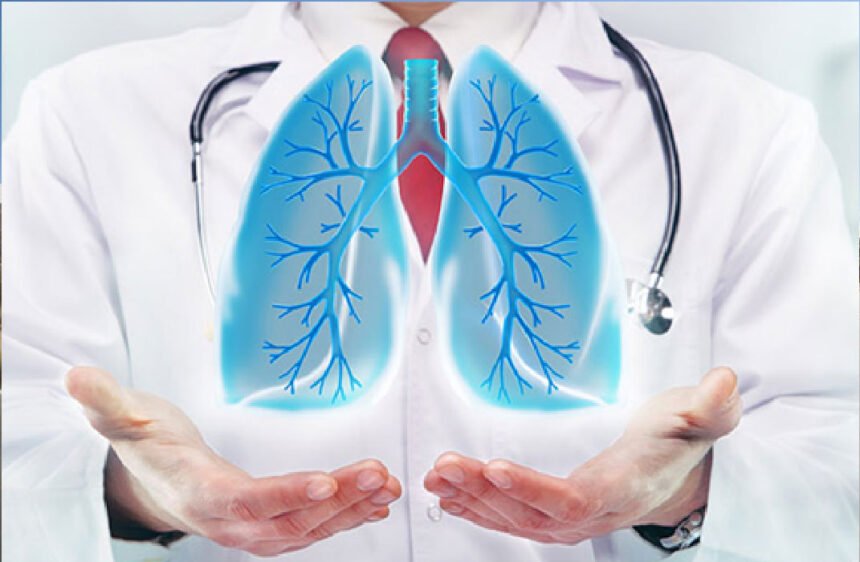In an era where life expectancy is steadily increasing, the question of how to live not just longer but healthier has never been more relevant. Longevity isn’t just about genetics—it’s about lifestyle choices, environmental factors, and preventive healthcare. From diet and exercise to mental well-being and social connections, adopting the right habits can significantly impact both the quality and length of life.
This article explores key strategies for achieving a longer, Indacloudhealthier life based on scientific research and real-world examples of populations that live the longest.
- The Longevity Diet: Eating for a Longer Life
One of the most influential factors in longevity is diet. Certain foods promote cellular health, reduce inflammation, and lower the risk of chronic diseases.
Key Nutritional Principles for Longevity
- Plant-Based Diet – Research from the Blue Zones (regions where people live the longest) shows that diets rich in vegetables, fruits, legumes, nuts, and whole grains promote longevity.
- Healthy Fats – Omega-3 fatty acids from fish, flaxseeds, and nuts reduce inflammation and support heart health.
- Antioxidant-Rich Foods – Berries, leafy greens, and dark chocolate combat oxidative stress, which contributes to aging.
- Caloric Moderation – Studies suggest that mild caloric restriction (without malnutrition) can slow aging and enhance lifespan.
The Role of Intermittent Fasting
Intermittent fasting—alternating between eating and fasting periods—has been linked to longevity by promoting cellular repair, reducing inflammation, and improving metabolism.
- The Power of Movement: Staying Active for Longevity
Exercise plays a vital role in maintaining health and preventing age-related diseases. Regular movement can increase lifespan and improve overall well-being.
Best Exercises for Longevity
- Aerobic Exercise – Walking, swimming, and cycling support heart health and endurance.
- Strength Training – Lifting weights or bodyweight exercises prevent muscle loss and maintain bone density.
- Flexibility and Balance Training – Yoga, Tai Chi, and stretching exercises reduce injury risk and enhance mobility.
- NEAT (Non-Exercise Activity Thermogenesis) – Simple daily activities like walking, gardening, and standing more often help maintain an active lifestyle.
Longevity Tip: Move Naturally
People in the Blue Zones don’t necessarily go to the gym; instead, they integrate movement into daily life—walking instead of driving, doing household chores, and engaging in active hobbies.
- Mental Health and Longevity: The Mind-Body Connection
Good mental health is linked to a longer lifespan. Chronic stress, anxiety, and depression can accelerate aging, weaken immunity, and contribute to heart disease.
Practices to Support Mental Well-Being
- Mindfulness and Meditation – These techniques reduce stress and improve emotional resilience.
- Lifelong Learning – Keeping the brain active through reading, puzzles, or learning new skills supports cognitive health.
- Social Connections – Loneliness is a significant risk factor for premature death; maintaining strong relationships is crucial.
- Purpose in Life – Studies show that people with a strong sense of purpose tend to live longer and healthier lives.
- Sleep: The Overlooked Key to Longevity
Sleep is essential for repair, immune function, and overall well-being. Poor sleep habits are linked to shorter lifespans and a higher risk of chronic diseases.
How to Optimize Sleep for Longevity
- Stick to a consistent sleep schedule.
- Avoid blue light from screens before bedtime.
- Create a dark, cool, and quiet sleep environment.
- Limit caffeine and heavy meals in the evening.
People who regularly get 7-9 hours of quality sleep per night tend to have better heart health, cognitive function, and emotional well-being.
- Preventive Healthcare: Catching Problems Early
Regular check-ups and preventive healthcare play a crucial role in longevity. Detecting diseases early can significantly improve outcomes.
Essential Health Screenings
- Blood Pressure and Cholesterol Checks – Help prevent heart disease.
- Cancer Screenings – Early detection of cancers such as breast, colon, and prostate cancer improves survival rates.
- Diabetes Testing – Managing blood sugar levels prevents complications.
- Bone Density Scans – Help prevent osteoporosis and fractures.
Vaccinations, regular dental care, and eye exams also contribute to long-term health.
- Reducing Toxins and Environmental Risks
Toxins in food, water, and air can contribute to premature aging and disease. Reducing exposure to harmful substances supports long-term health.
Ways to Reduce Toxin Exposure
- Choose organic produce to minimize pesticide exposure.
- Filter tap water to remove contaminants.
- Avoid processed foods with artificial additives and preservatives.
- Limit alcohol consumption and avoid smoking.
- Use natural household cleaning products.
- The Role of Genetics vs. Lifestyle in Longevity
While genetics play a role in how long we live, lifestyle choices have a greater impact. Studies estimate that genetics contribute only about 20-30% to lifespan, while diet, exercise, and environment determine the rest.
Lessons from Centenarians
Many people who live past 100 share common habits:
- They eat mostly plant-based foods.
- They remain active throughout life.
- They maintain strong social ties.
- They manage stress through relaxation and positive thinking.
Conclusion: Small Changes Lead to Big Results
Living a long and healthy life isn’t about drastic changes—it’s about consistent, small habits that add up over time.
By focusing on:
- A nutrient-rich diet
- Regular movement
- Strong social connections
- Quality sleep
- Preventive healthcare
- A sense of purpose
You can increase both your lifespan and healthspan—the number of years you live in good health.
Instead of merely adding years to life, the goal should be adding life to years. By making intentional choices, you can enjoy a longer, more vibrant, and fulfilling life.
For More Information Visit Timelymagazine








